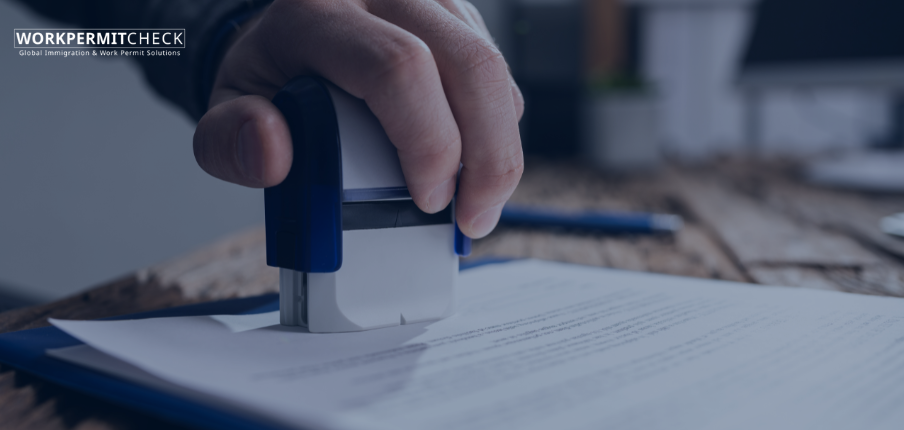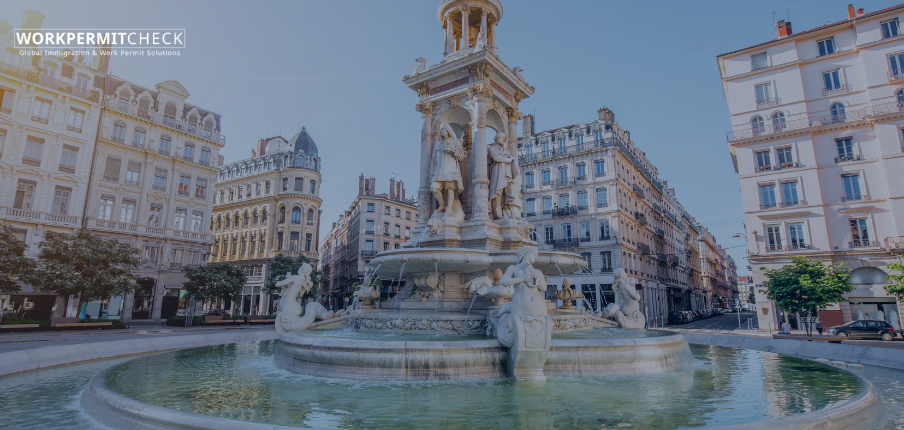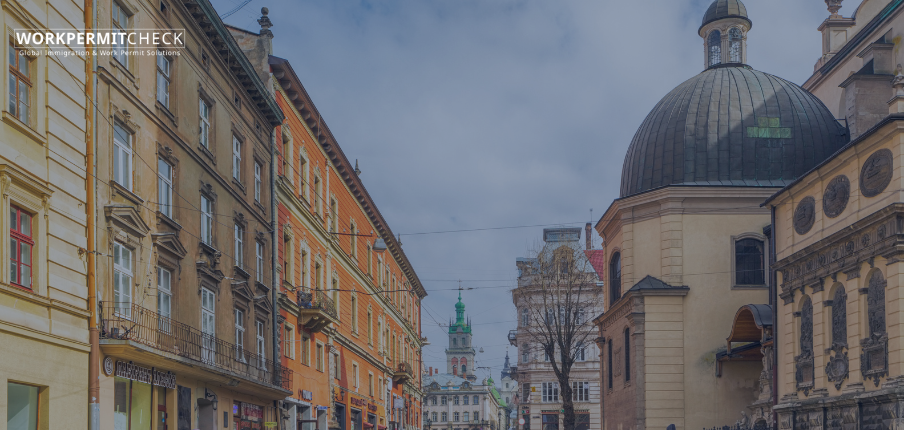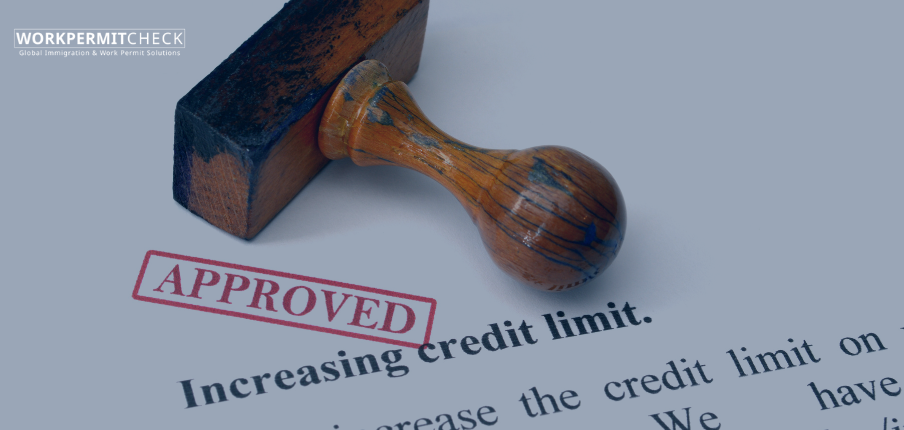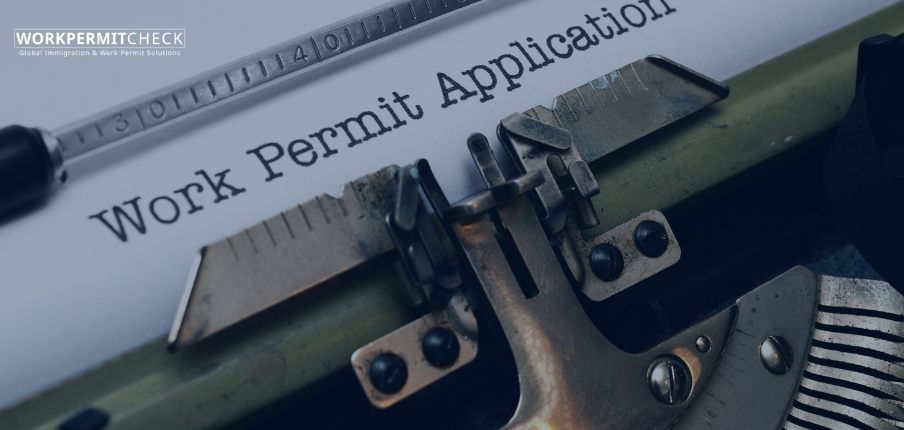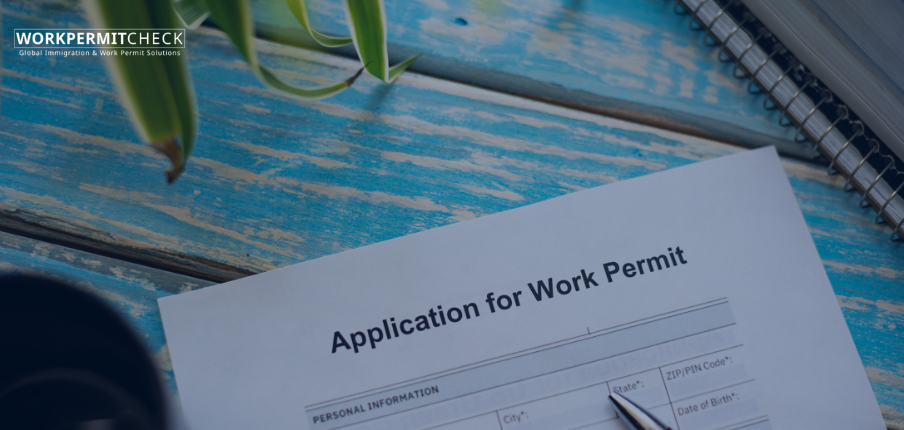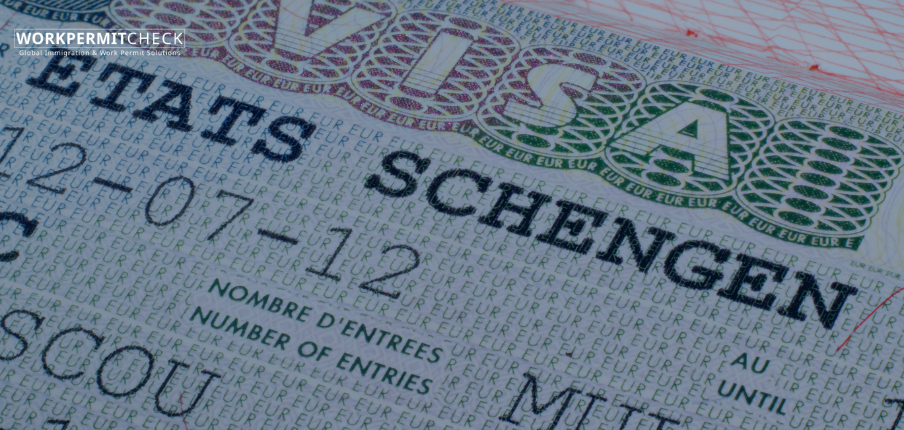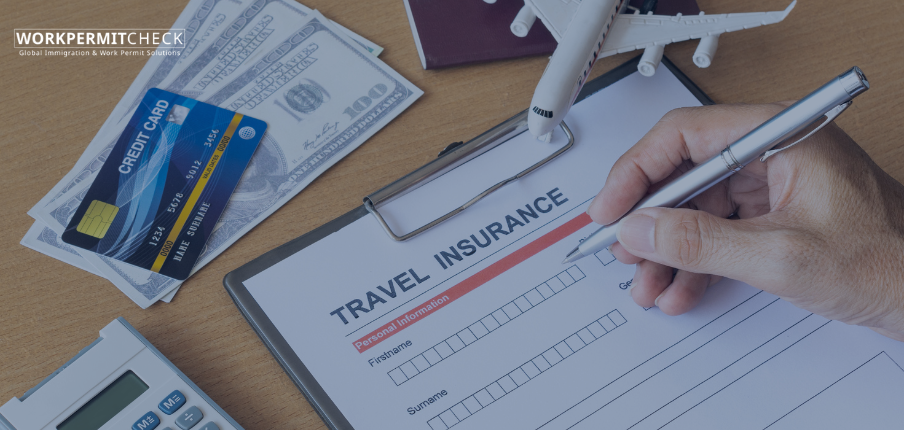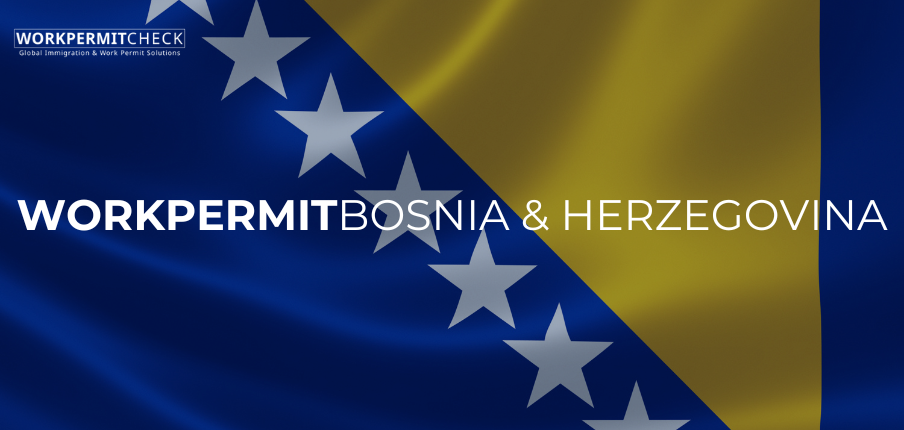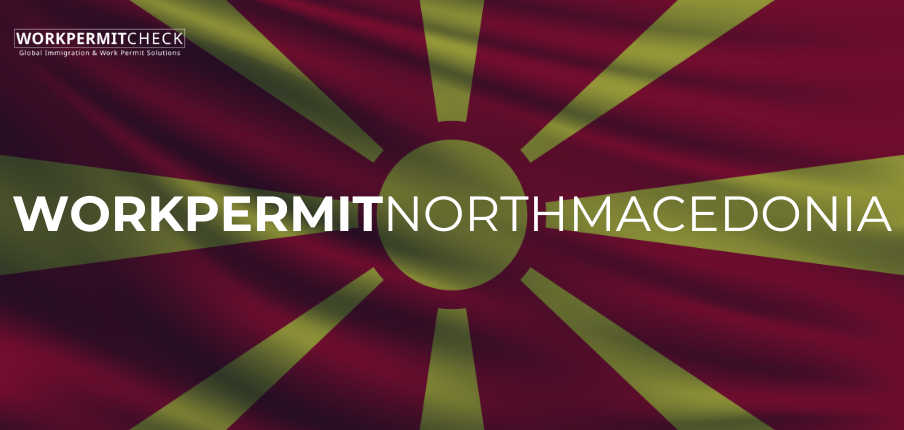If you are a non-EU/EEA or Swiss national planning to work in the Netherlands, you will generally need a work permit (or a combined residence and work permit). The documentation required can vary depending on the type of work permit and the applicant's personal and professional background. Below is a comprehensive overview of the documents typically required when applying for a Dutch work permit.
1. Valid Passport
You must present a valid passport that will remain valid for the entire duration of your intended stay in the Netherlands. A copy of all relevant pages (identification and any existing visa pages) is often required.
2. Completed Application Form
You must fill out the appropriate application form. The form varies depending on the type of work permit:
-
GVVA (Single Permit for residence and work)
-
TWV (Separate work permit)
-
Highly Skilled Migrant or EU Blue Card application
These forms are typically submitted by the employer, especially in employer-sponsored cases.
3. Employment Contract or Job Offer
You will need to provide a signed job offer or employment contract from a recognized Dutch employer. The contract must specify:
-
Job title and responsibilities
-
Salary
-
Working hours
-
Duration of the contract
The salary must meet the minimum threshold set by the Dutch Immigration and Naturalisation Service (IND), particularly for highly skilled migrants.
4. Proof of Qualifications
Applicants must show they are qualified for the job being offered. This can include:
-
Copies of academic diplomas or certificates
-
Professional licenses, if applicable
-
Translations of diplomas, if they are not in Dutch, English, German, or French (accompanied by a sworn translator’s certification)
5. Curriculum Vitae (CV)
A detailed and up-to-date CV outlining your education, work experience, and relevant skills must be submitted. This document helps the authorities assess your suitability for the role.
6. Proof of Registration with the Employer (if required)
The employer may need to be registered with the Dutch Chamber of Commerce (Kamer van Koophandel) and recognized as a sponsor by the IND, especially for highly skilled migrants or intra-corporate transfers. Proof of this registration may be necessary.
7. Motivation Letter (sometimes required)
A short letter explaining your motivation to work in the Netherlands, your career goals, and how the job aligns with your background may be requested, depending on the visa route.
8. Health Insurance (upon arrival)
Though not typically required at the time of application, proof of Dutch health insurance will be needed before receiving your residence card and starting work.
9. Municipal Registration (after arrival)
Once in the Netherlands, you must register with the municipality where you will live. You will need to show:
-
A rental contract or housing confirmation
-
Your passport
-
Birth certificate (translated and legalized if applicable)
10. Additional Documents for Specific Permits
-
Highly Skilled Migrants: Employer must be a recognized sponsor.
-
EU Blue Card: Proof of higher education equivalent to Dutch standards and a contract of at least one year.
-
Orientation Year Permit: Dutch diploma or proof of graduation from a top international university.
Conclusion
While your Dutch employer often submits the application on your behalf, you will still need to provide several personal and professional documents to support the process. Make sure that all documents are complete, translated if required, and up to date to avoid delays or rejection.
Disclaimer:
This blogpost is intended for general informational purposes only and does not constitute legal advice. Work permit requirements in the Netherlands may vary based on individual circumstances and policy updates. For personalized guidance, consult the official website of the Immigration and Naturalisation Service (IND) or seek assistance from a licensed immigration consultant or lawyer.
July 7, 2025


